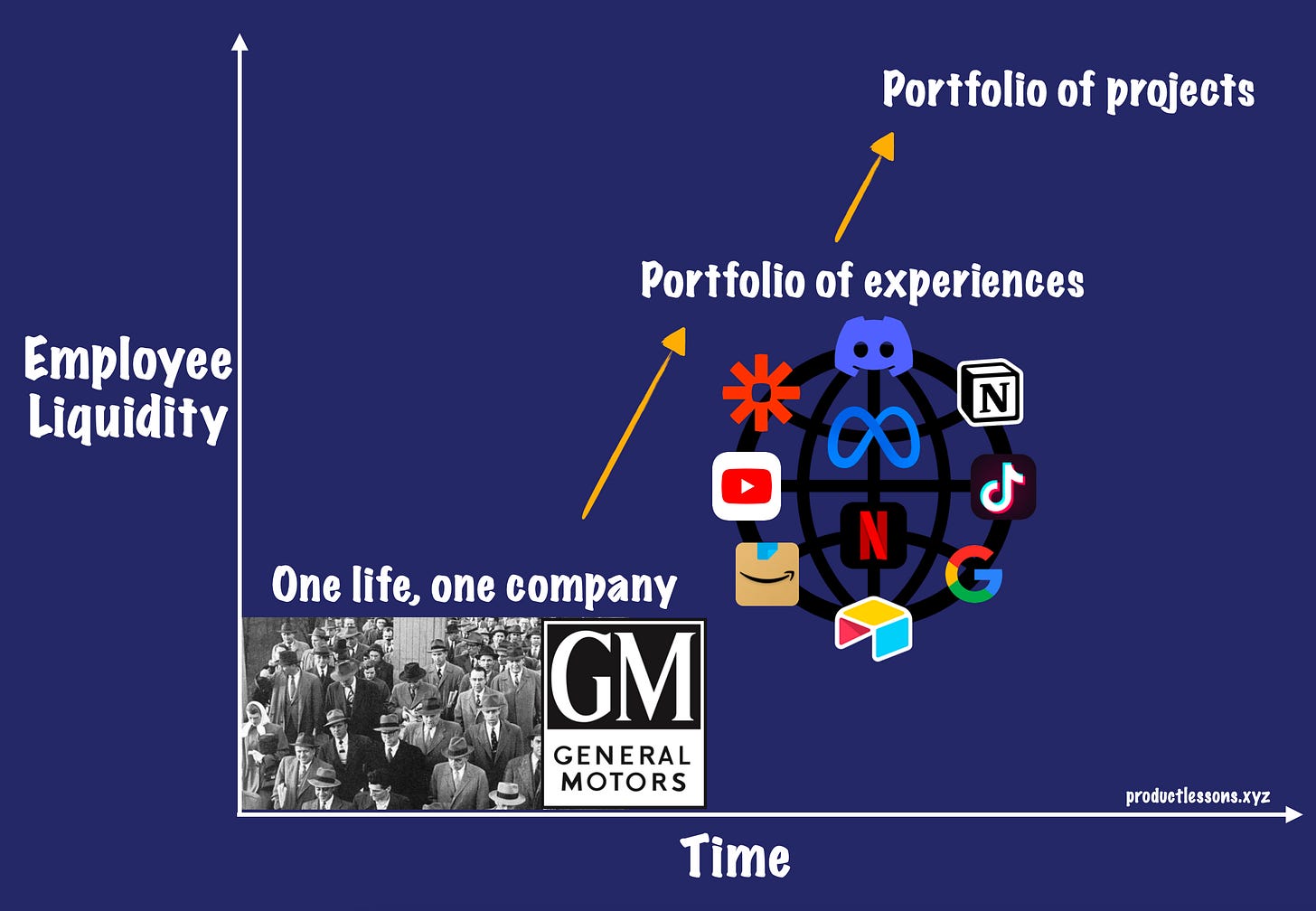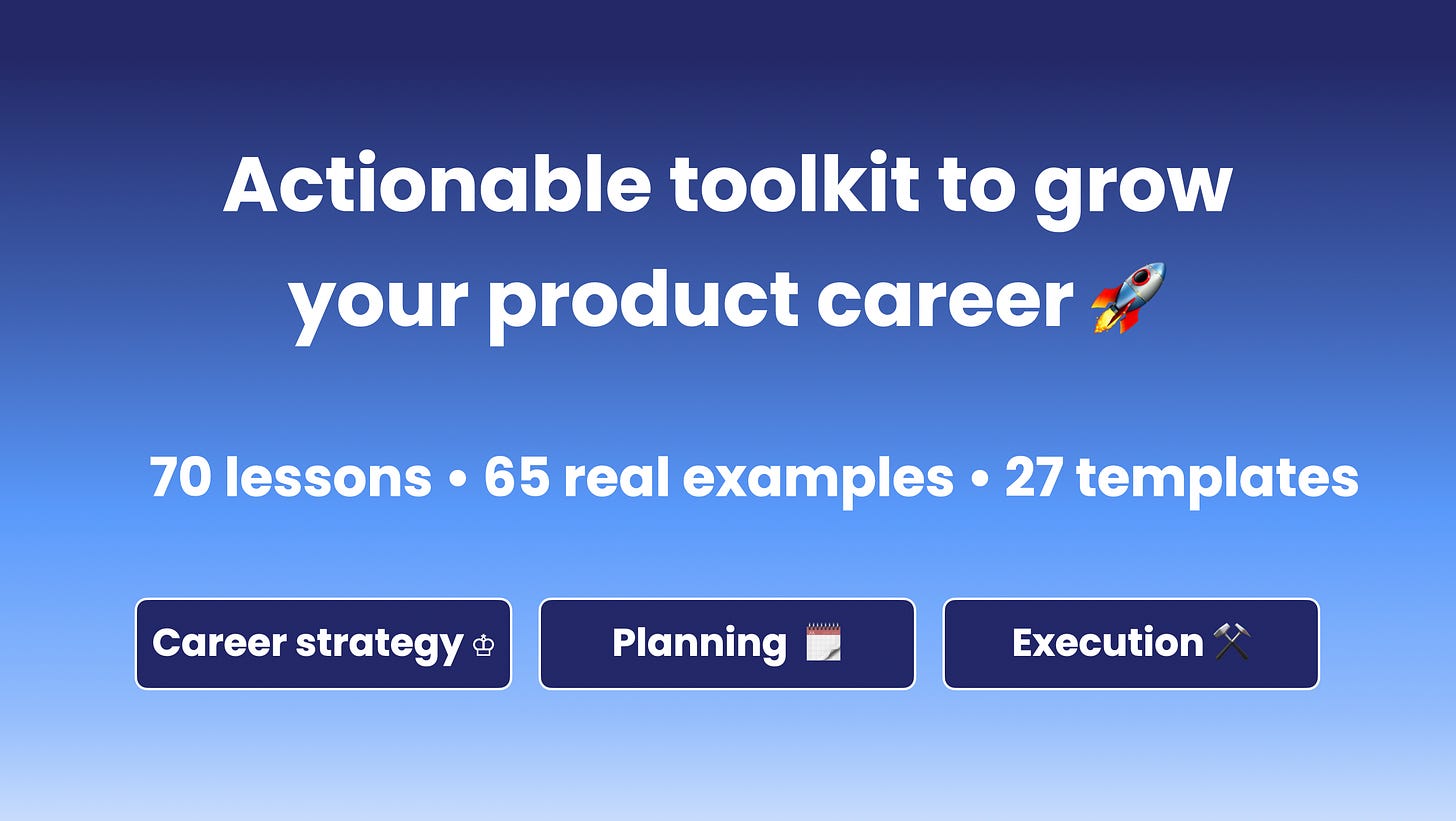Hi friends,
It’s been a week for the books: Britney’s free, Adele’s back, and I’m covering a new, exciting topic. Inspired by the ~the Metaverse~ and the Great Resignation, I’ve been thinking about what the future holds for our careers.
But before I begin, a quick word from our first(!!) official sponsor…
Can you import customer data in <60 seconds? If not, you need Flatfile. They built a magical 1-click import experience to eliminate the most painful data struggles like reformatting and fixing those dreadful import errors.
Companies like Square and Hubspot use Flatfile as their secret weapon to onboard customers faster and cut product churn:
Everything feels like it’s happening at hyper-speed. Between ~the Metaverse~ and the Great Resignation, change is in the air.
What does this mean for the way we work? What could we learn today that will pay multiples in the future? As the Web3 kids say, wgmi — we’re all going to make it.
It’s never been a better time to find and pursue grinds we actually enjoy.
What follows are some early ideas on how to make the most of these special times:
Turn your career into an external product
Beware hidden cost of quick wins
Get vaccinated against rejection
Finding problems vs. solving problems
But first…
How to predict the future
The best crystal ball I've found is the arrow of progress: asking, what direction are we moving towards? For example, in computing, everything’s getting cheaper, more powerful and closer to our bodies.
In work, the arrow points towards greater employee liquidity.
The old norm was to spend a lifetime at the same company. Today’s norm is to build a portfolio of experiences, weaving across companies and roles. Extrapolate this out, and the norm will be having a portfolio of projects at any given time. Not having an exclusive employer will be both rewarding and accepted.
Each phase is pulled forward by a powerful outside force. Working at the same place from cradle to coffin made perfect sense in a world with limited options. But once the Internet made starting a business easier, we gained optionality. First came a growing menu of attractive companies; then, there were more inspiring recipes to go independent.
The shift towards remote and async work breaks the final barrier to freedom. When you don’t have to show up to an office 5 days a week, and working on another project is one Slack / Discord channel away, more people will experiment.
And these experiments will show that there’s a new power player in town: differentiated talent.
Your career is an external product
Most people would agree that building for external customers >> building an internal product. And yet our working hours are dedicated towards building career capital inside a company.
Some of the most talented people are completely unknown to the world, except for the few lucky ones who work with them. Traditional careers, as we know it, were designed to be internal-facing products.
What would happen if we turned our careers from default internal to external? Well, it’s been quietly underway for years. Most work can be showcased through some combo of text, image, audio, video; and online distribution is free when packaged well.
The best career advice I ever got was from a manager who straight-up told me to make her life easier. It’s solid advice, but also incomplete. Yes, make life easier for people you work for/with, but also find ways to share what you’ve learned and how you think online.
Extend your value to the broader market.
Hidden cost of quick wins
Once you treat your career as an external product, it triggers a domino effect. For example, you’ll start seeing the hidden cost of short-term gratification.
Old career playbook: get promoted, get a corner office, grow headcount, rinse and repeat. The winning strategy is to look good and score quick wins.
New career playbook: learn as much as possible. The winning strategy is simple: embrace challenges, especially if they’re interesting to you. Even if you fail, you fail on the company dime and you’re one iteration closer to success.
The hidden cost of the old playbook is that you’re building fragile career capital. With greater employee liquidity, it pays to take more “risks” in the interest of learning. Because not learning is the greatest risk of all.
Get the rejection vaccine
Another hidden cost to doing the comfortable thing is that it shields you from rejection. It’s been a year since I quit my job — my biggest regret? I wish I got the rejection vaccine earlier.
As a tech employee, I knew what it’s like to have ideas and projects shut down. But when things go wrong at work, there are always outside factors that blunt the pain. Maybe the design was off, or the code was buggy, or your boss was in a bad mood. It’s never entirely your fault.
With greater freedom though comes higher accountability. And accountability sharpens the knife of rejection.
The hardest part of turning your career into an external product is that putting yourself out there is scary. It’s even more scary when you pour yourself into a project only to face a brick wall of indifference.
I’m not sure if there’s a cure for this other than increasing exposure to rejection. Try more things, lower need for instant validation, and above all, just keep shipping.
Problem finding vs. problem solving
When your career is an internal product, you get good at solving problems handed to you by people you work for. Maybe you even find new problems to solve within your turf.
When your career is an external product, you sharpen your radar for finding problems at large. What does your company pay for that’s not even good? What solution has your company built in-house that others would pay to have? These are questions I wish I asked myself sooner.
Even if you have no intentions to start a business, the muscle of finding problems, not just solving them makes you different.
Final thoughts
Rising individualism isn’t all good; if anything, it tears the fabric of companies. It’s tougher than ever to keep top talent. This means being a thoughtful manager will rightfully continue to appreciate in value.
And for all of us, employee liquidity means new levels of freedom to:
Treat career like an external product
Optimize for learning over quick wins
Get vaccinated against rejection
Become a problem finder, not just a problem solver
P.S. If you want to join a fast-growing startup, see who’s freshly funded and hiring!
This newsletter grows because of you! 🤗 Share with a friend, or if you’re new, subscribe below:
Finally, here’s my actionable toolkit to grow your product career. Learn from 70+ lessons, examples and templates.
Thanks for reading,






